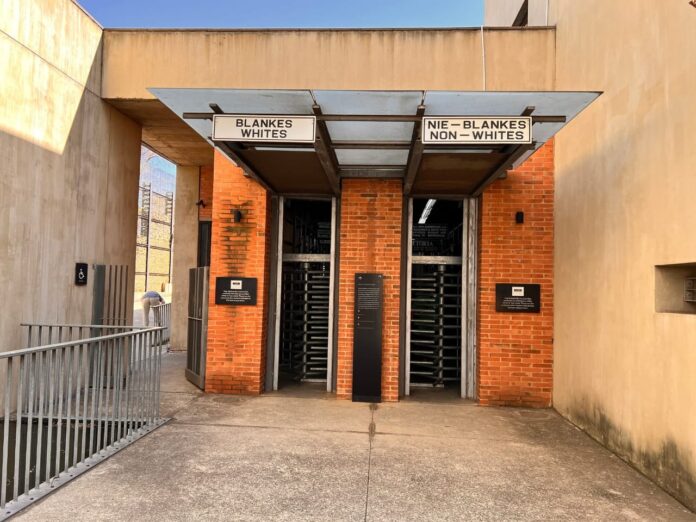The Institute for Healing of Memories (IHOM) has cautioned that South Africa’s much-touted national dialogues on reconciliation will not succeed unless unresolved trauma from the violent apartheid era is addressed.
The organisation, founded in 1998 as a parallel platform to the Truth and Reconciliation Commission (TRC), has spent more than 25 years creating safe spaces for South Africans to confront personal and collective wounds.
From its inception, it has been dedicated to healing the psychological and emotional scars left by apartheid and other forms of violence and oppression. Its mission is to provide a safe and supportive environment where individuals and communities can share their stories, confront their pain, and work towards reconciliation.
Trauma is real
Father Michael Lapsley, founder of IHOM, warned that trauma cannot simply be wished away.
“Unresolved trauma does not disappear. It silently shapes our families, our communities, our politics, and our economies. If we do not address it, the pain of the past is carried forward,” he said in a statement this week.
IHOM’s workshops, counselling sessions, and dialogues have reached more than half a million people, including survivors of gender-based violence, refugees, prisoners, ex-combatants, and those living with HIV and Aids.
IHOM pointed to the scourge of gender-based violence as proof that South Africa’s wounds remain raw.
“The cycle of dehumanisation must be broken,” Lapsley stressed, adding that unhealed trauma often ensures victims become perpetrators. “We want to prevent the extension of trauma experiences to the next generation.”
Xenophobic violence was also cited as a recurring scar, with the attacks of 2008, 2015, and 2019 displacing thousands and tarnishing South Africa’s reputation as a Pan-African nation. Unless scars like these are healed, IHOM warned, the country risks repeating cycles of violence and exclusion.
Health implications
IHOM will host a fundraising event in November to sustain its trauma-healing programmes. “This work requires sustained support, to ensure the healing of our nation,” said Lapsley.
Scholars and health researchers back IHOM’s call, warning that trauma is not just a political issue but a public health emergency. The South African Stress and Health Study shows that more than 80% of South Africans experience at least one traumatic event in their lifetime, with significant rates of post-traumatic stress disorder (PTSD).
In a 2023 study titled Psychological legacies of intergenerational trauma under South African apartheid, researchers working with the Soweto–Johannesburg Birth-to-Twenty cohort found a direct link between apartheid-era stress and today’s mental health challenges.
They wrote: “South Africa’s rates of psychiatric morbidity are among the highest in sub-Saharan Africa and are foregrounded by the country’s long history of political violence during apartheid. Growing evidence suggests that in utero stress exposure is a potent developmental risk factor for future mental illness risk.”
Intergenerational effects
The findings suggest that the psychological wounds of apartheid are not confined to those who lived through it but ripple silently into the lives of children born decades later, making them more vulnerable to psychiatric disorders.
Another well-respected voice in the matter is that of Dr Pumla Gobodo-Madikizela, a psychologist and former member of the TRC. She has argued that South Africa must embark on what she calls a “reparative quest” to heal apartheid wounds as “forgiving tends to suggest finality.”
Gobodo-Madikizela, who was awarded the 2024 Templeton Prize for her pioneering work on historical trauma, told Time magazine shortly after receiving the award: “I’ve come to realize that one cannot ask for forgiveness. One can only ask for remorse and repair, because forgiveness is a gift. It cannot be demanded.”
It is clear that specialists are of the view that if trauma is left untreated, it drives cycles of violence, substance abuse, and chronic illness, further straining the health system. This suggests that dialogue without healing risks producing not just a divided society, but a sicker one too.



